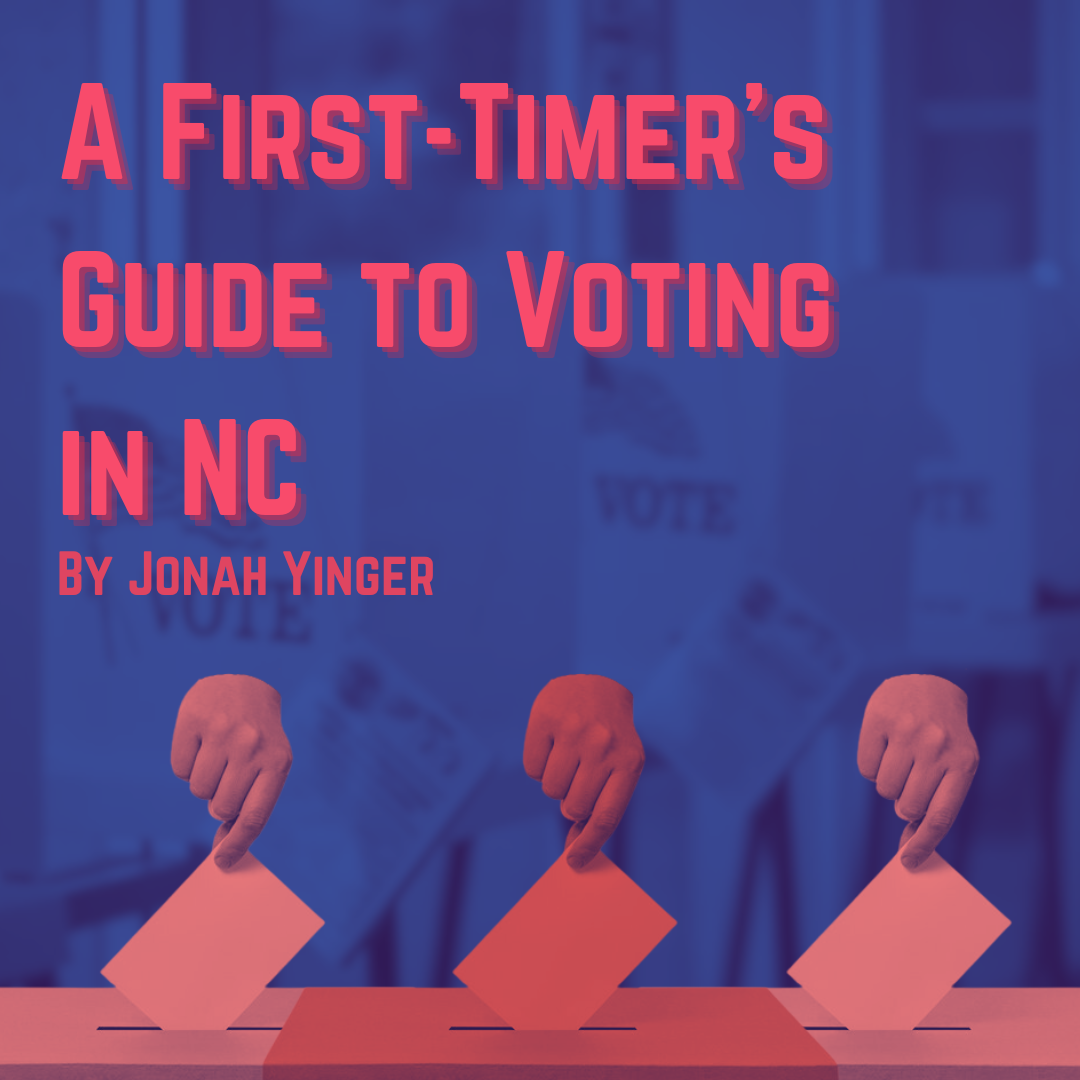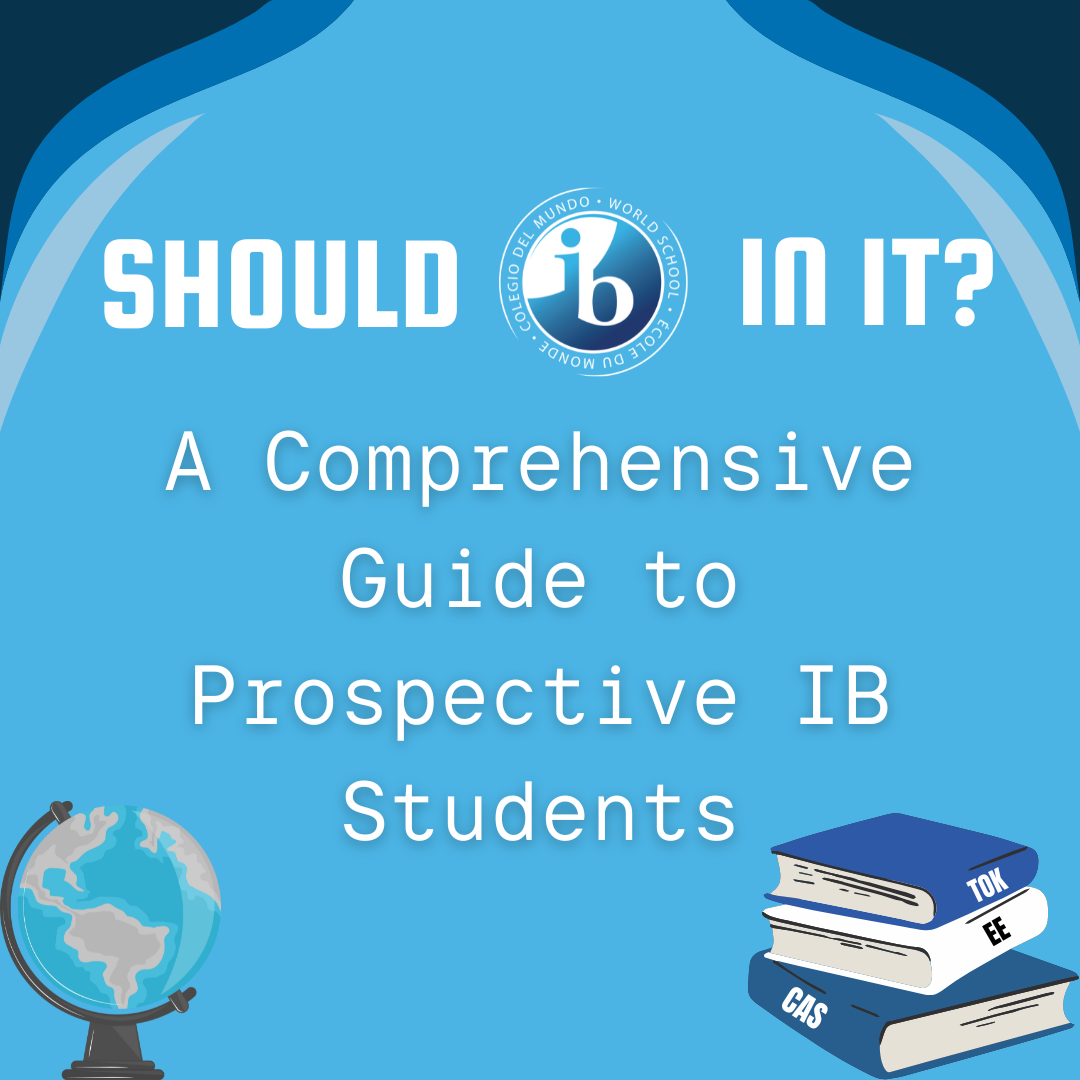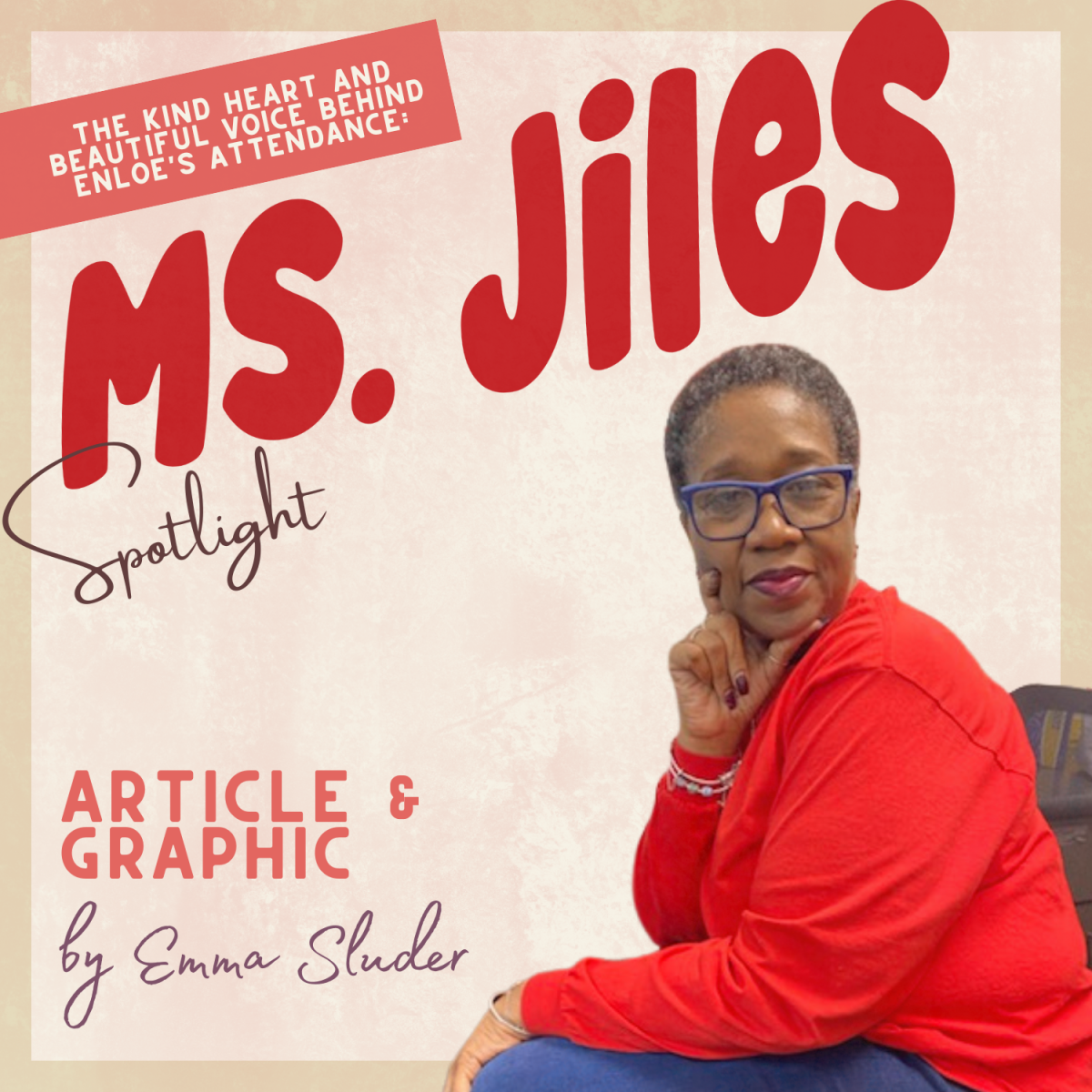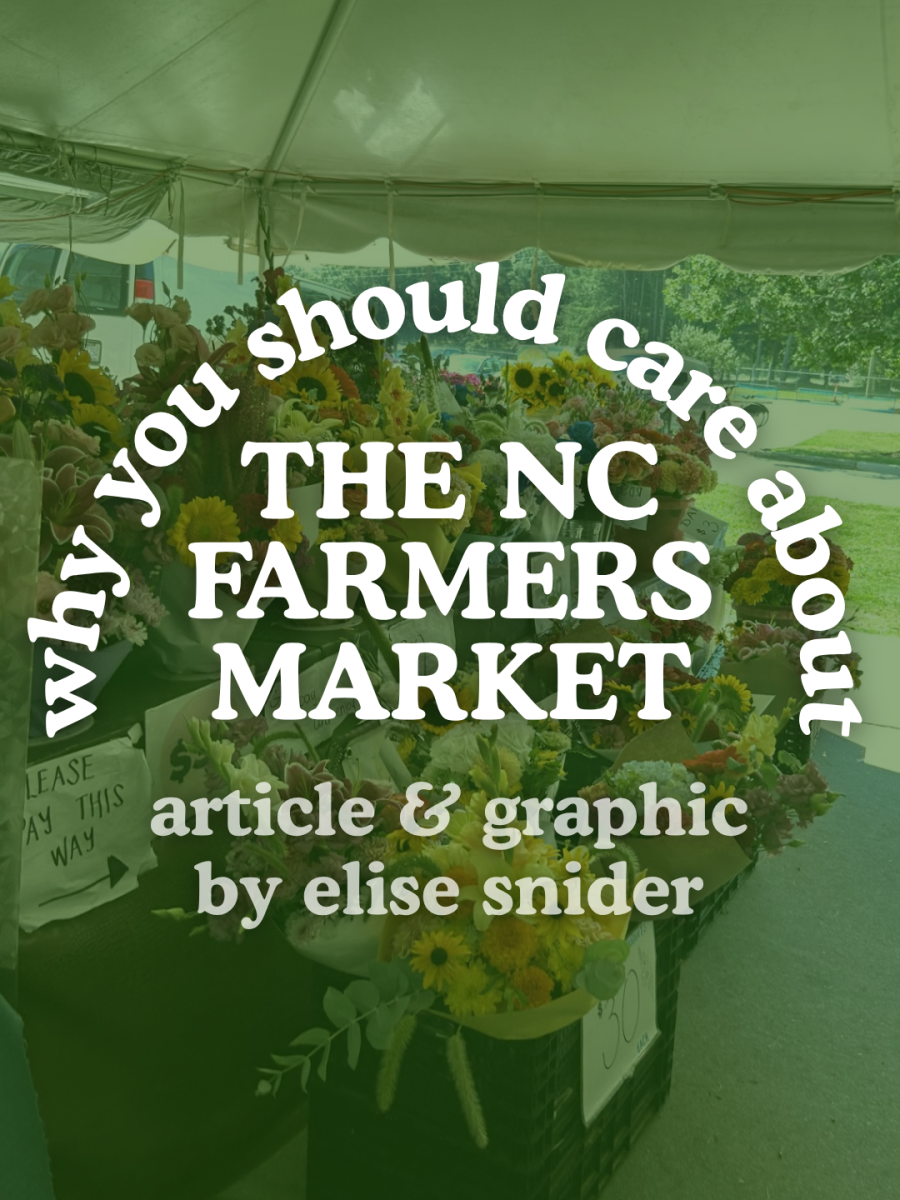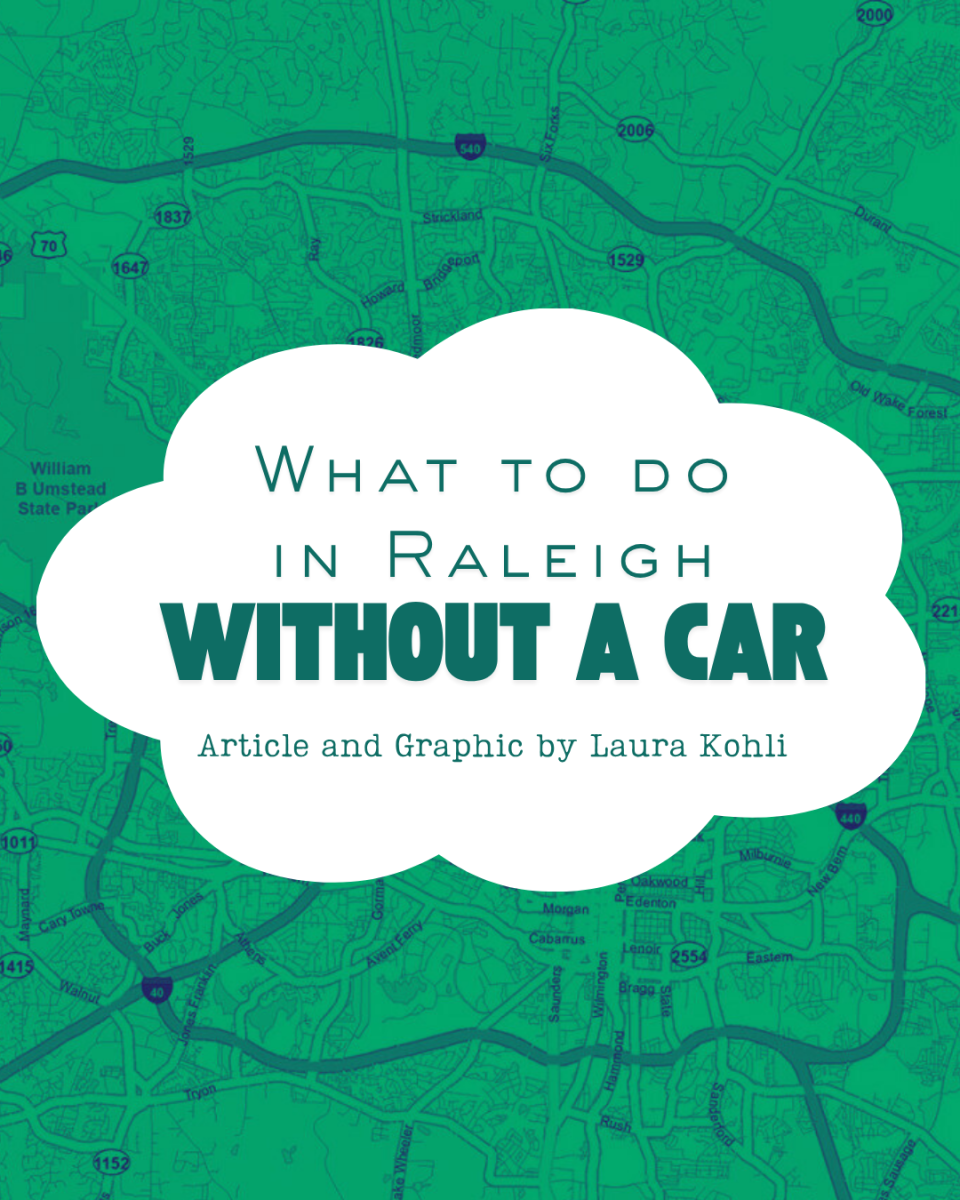“Don’t forget to vote!” rings in the ears of countless young adults on their 18th birthday, but the act can seem impossible without proper guidance. While many consider voting the best way to show a person’s love for democracy, less than half of America’s eligible young adults voted in the 2020 election. Many seniors at Enloe have recently turned 18, allowing them to join the American voting force. If this sounds like your situation or you want to hear more about how you can cast your ballot in future years, this guide is for you.
Who is eligible to vote?
Certain specificities may bar seniors from voting. For starters, you must be 18 years old by election day on November 7th. If you will still be a minor by Tuesday, there are plenty of opportunities for you to pre-register to vote in time for future election cycles. You must also be a citizen of the United States and be living in the county you plan on voting in for at least 30 days. This includes native and naturalized Americans. Unfortunately, DACA recipients (also known as Dreamers) and Green Card holders are not eligible. Voters who are experiencing homelessness are typically offered a street map at polling locations to indicate where they sleep, or they can use a shelter as their address when registering. Anybody who has been in the criminal justice system is allowed to vote except for those who are actively serving time for a felony conviction.
How do I register or preregister to vote?
Hopefully, all licensed drivers were given the opportunity to preregister at a DMV office when getting their full license. This is a quick and convenient way to be included in North Carolina’s database of voters since you already have all required documents and an appointment. If you are unsure about your registration status, you can search your name on North Carolina’s voter lookup. Those who haven’t had a chance to preregister can create a NCDMV account and submit a voter registration application. However, applications submitted within the 25 days before an election date will not be able to participate in that election cycle.
Why do local elections matter?
Though they get shrugged off by many as unimportant, local elections impact Wake County residents’ day-to-day lives very significantly, while federal elections affect the country’s diplomacy and nationwide policies. Local legislation covers everything from mental health policy and reproductive rights to climate change and water conservation.
How do I know who to vote for?
One resource helpful when learning about the voting process in Wake County is VOTE411. VOTE 411 is a nonpartisan, unbiased website that links prospective voters with local polling stations and objective information about different candidates. When deciding who to vote for, it is important to remember the importance of the ballot you cast. Make sure you are promoting who you want to represent you, not who your family or friends support. Polling stations make the process private and discreet for everybody.
When do I vote?
Certain Wake county cities and towns, known collectively as municipalities, are holding elections on Tuesday the 7th. These include Apex, Fuquay-Varina, Holly Springs, Knightdale, Morrisville, Wake Forest, and other nearby areas. Raleigh and most of Cary are not conducting 2023 elections, but residents can participate next year at the same time as the federal election. If your municipality is participating in the 2023 election, be sure to bring a photo ID to your local polling place. This can be a driver’s license, NC REAL ID, US passport, or school ID.
We hope this guide provided you with some new information about casting your vote for the first time, and you can find more information about what precinct you live in here.


